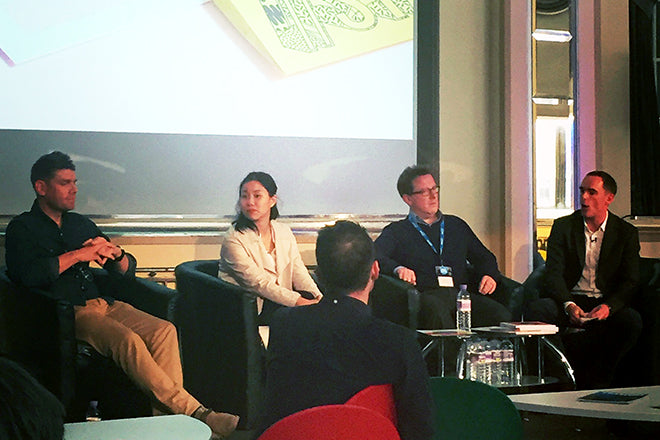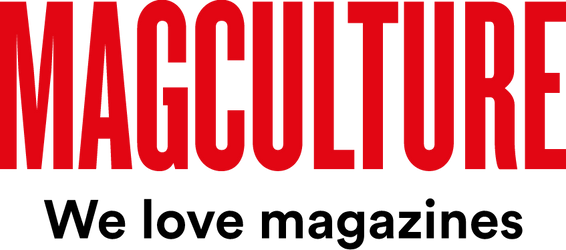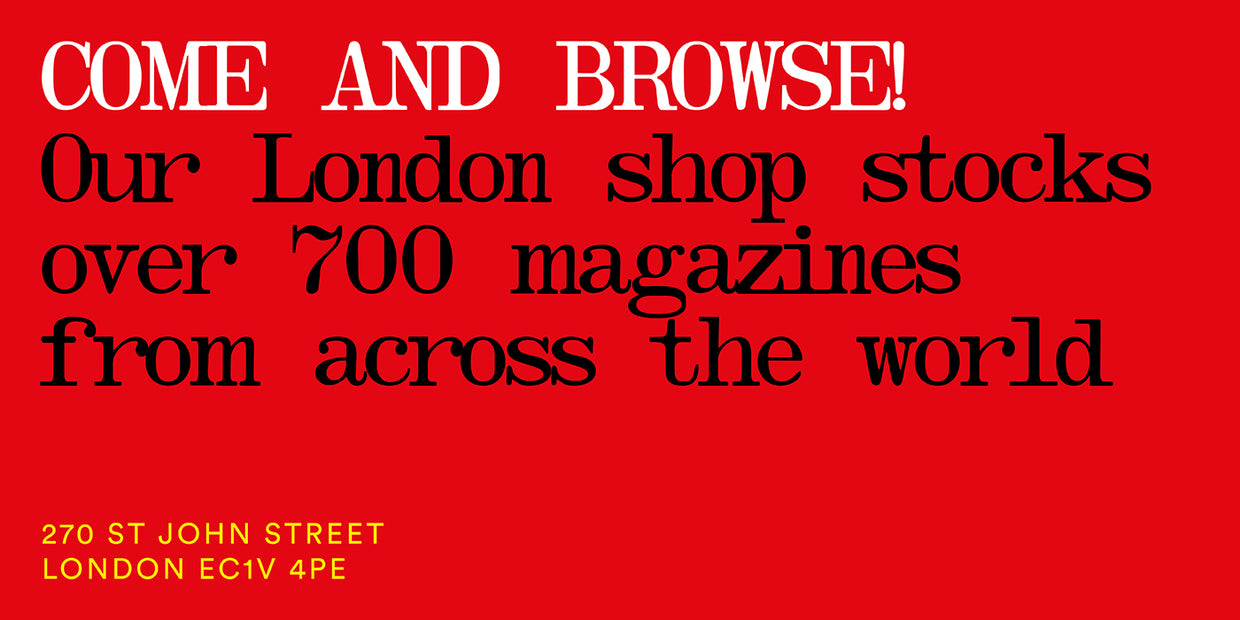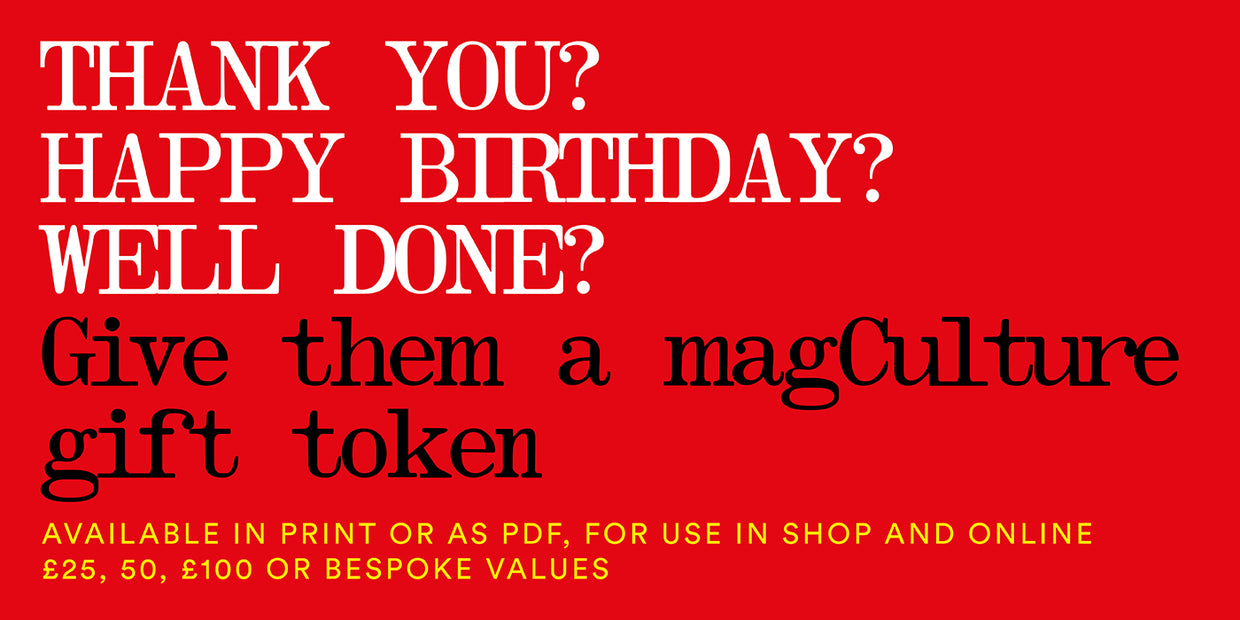
Indies and futurists at the PPA Festival
This year’s annual PPA event in London presented a panel of speakers from the independent magazine world, a first for the event. Eric Campbell (Hot Rum Cow), Rosa Park (Cereal) and Rob Orchard (Delayed Gratification) joined moderator Steve Watson to talk about their projects in an all too-brief session.
Having introduced their respective projects, the speakers talked more generally about being independent. All three have reached a stage where their sales are growing and they need to manage that growth.
Rob built on that theme, noting, as I have, that a group of magazines (including those present) has emerged that have survived beyond indie start up to become more mature publications. Eric confirmed Hot Rum Cow is moving from biannual to quarterly and increasing US sales; Rosa explained how Cereal’s brand partnerships were an essential part of their growth (they now print 35k) but they were moving in the other direction to biannual frequency, to focus on quality. And Rob described the extras they’re planning for subscribers, including a series of evenings at the V&A Museum and infographics classes. Their ambition is to reach 10k subscribers. Rosa described Cereal readers as non-subscribers; they want to visit a store and pick up the magazines; she also pointed out her magazine is heavy and costly to post.
Some questions from the audience:
What advice would you offer about what not to do?
Rob: Don’t use PayPal, it can’t handle changing debit card numbers and their customer emails are automated and ugly. Avoid the traditional newsstand.
Eric: Planning and passion are two different things. Get the right people in – the best writers and designers.
Rosa: Don’t think because you are happy and smiley everyone you work with will be: set up your business and contracts properly.
What’s the most effective promotion?
Rob: Get on radio and TV, the traditional media.
Rosa: Being an ex-publicist we hired a publicist, but social media has been a great platform for us.
Eric: Get your content out there – we had a great response to a mention on Reddit.
The session was a popular one; not long ago the PPA went about its business as if the indies didn’t exist. It’s great it has realised their positive influence on the industry and is including them in their events.
Earlier in the day, GQ editor Dylan Jones was interviewed on stage by David Hepworth. Jones comes across as a prickly character, and this stroll through his career did nothing to contradict that view. His magazine remains hugely successful, but I wish he could appear like he was enjoying that success. In response to an audience question, Jones acknowledged independent magazines as a positive influence on the industry while describing them as a cottage industry in a rather condescending tone. He did, though, offer a positive coda about publishing, ‘The most exciting time is now. To be successful now means something.’
The final session I caught was about the future of publishing and was a really interesting session. Wired executive editor Greg Williams introduced two specialists (Douglas McCabe, Enders Analysis and consumer futurist Will Higham) to share their research-based opinions on the industry.
McCabe had a mixed vision; on the one hand iPad digital editions had failed and we face the end of browsing as a reading technique. But on the other, discovery offered an opportunity. Two out of three users don’t window shop on Amazon, instead they search knowing exactly what they want to buy. But they need/get guidance from somewhere... cue magazines.
Asked where magazines would be in 2025, McCabe echoed what many people have surmised (hoped?) but did so from the point of view of dispassionate research. Printed magazines will be a smaller industry based on at one end niche and the other end luxury. The big middle will disappear, but print will remain ‘trendy’ as disconnected media become valued in their own right. He warned that to be successful depends on making the right decisions now, noting the way advertising was fading away to be replaced by marketing.
Will Higham was keen to avoid falling for presumptions based on previous experience. He cited figures that the iPad – often filed under ‘mobile’ – is used outside the home by only 1% of owners, and suggested that just because paywalls have failed to date that doesn’t mean they can’t work in the future. User generated content would see a rennaissance too.
His key factors were utility, ease and platform. He described print as an important niche alongside the smartphone – ‘the important device of the past 100 years’ – in an environment where fewer, larger magazines would act as platforms. There was no space for ambiguity, with strong brands (he used Vogue as an example) fighting off newcomers to own their area of expertise. ‘Own your subject/topic on every channel.’
I’ve paraphrased from quick notes here, but the main thing I took away from the session was reassurance that two future-focused specialists were not only able to describe a future for magazines but that future reflected so much that is being discussed already in the industry. As McCabe summerised, ‘I’m very optimistic and positive but there are bumps on the road.’


